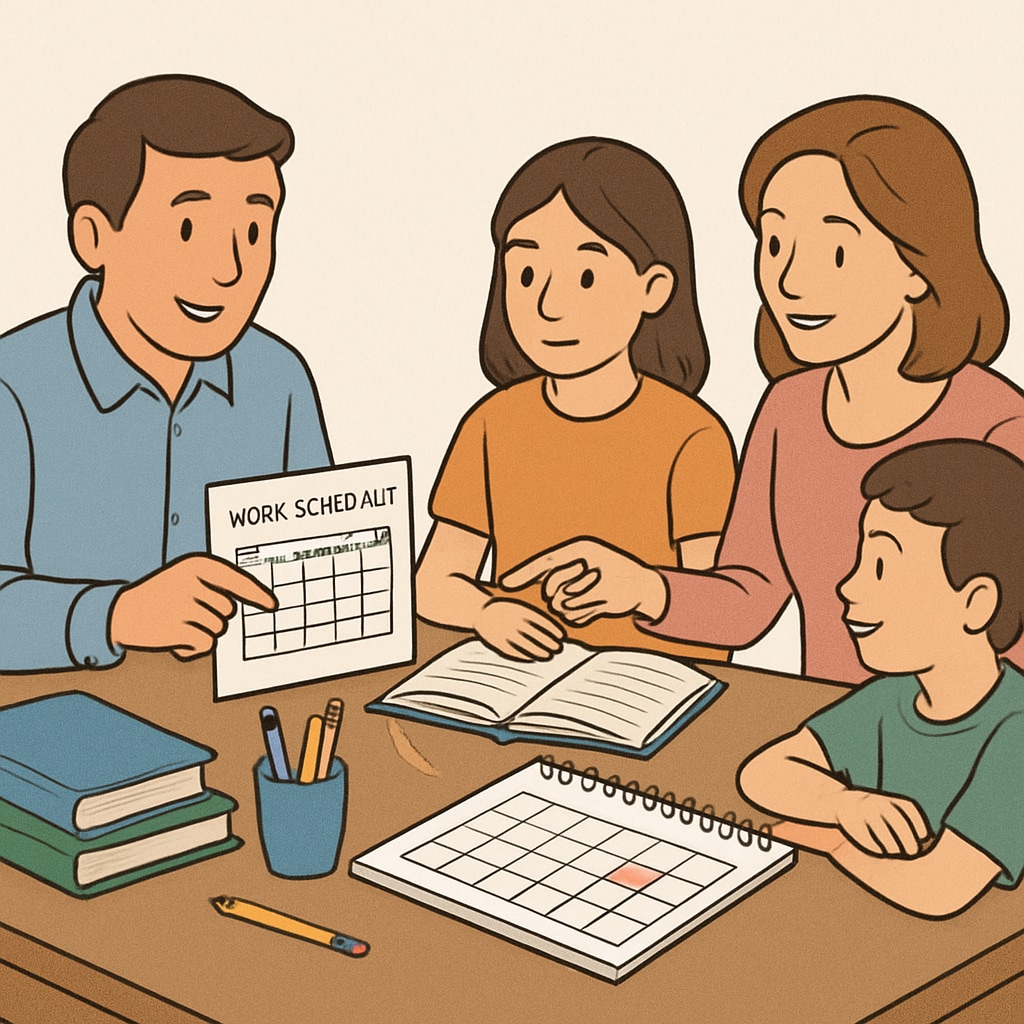Balancing high school jobs, academic impact, and parents’ concerns is a common challenge faced by families today. Many teenagers are eager to gain independence, financial literacy, and real-world experience through part-time work. However, parents often worry about the potential impact on their academic performance and overall well-being. Striking the right balance is essential for fostering both growth and success.
The Benefits of High School Jobs
Part-time jobs offer high school students several advantages that go beyond earning extra money. These include life skills development, financial awareness, and social adaptability. For example, students who juggle school and work learn critical time management skills, which can prepare them for future academic and professional challenges.
- Financial Literacy: Teenagers develop an understanding of budgeting, saving, and spending responsibly.
- Time Management: Balancing work hours with school obligations teaches them to prioritize effectively.
- Social Skills: Interacting with colleagues, supervisors, and customers enhances their communication and problem-solving abilities.
Despite these benefits, not all parents see part-time jobs in a positive light. Concerns about academic distractions, overexertion, and a lack of focus on long-term goals often lead to disagreements.

Addressing Parents’ Concerns
Parents are right to prioritize their children’s education, but it’s essential to balance this with the benefits of work experience. Open communication and clear boundaries can help alleviate concerns. Here are some strategies:
- Set Academic Priorities: Ensure that schoolwork remains the top priority. Discuss limits on work hours to avoid burnout.
- Choose Flexible Jobs: Encourage teens to find jobs with adjustable schedules, allowing them to focus on exams and assignments during busy periods.
- Monitor Work-Life Balance: Regularly check in with your child to ensure they are managing their time effectively and not feeling overwhelmed.
Additionally, some schools and local governments have policies limiting the number of hours teenagers can work during the academic year. Parents can use these guidelines to help establish a balanced schedule.

Finding the Right Balance
Ultimately, the goal is to allow teenagers to gain valuable life experience without sacrificing their education or well-being. Parents can play a crucial role in guiding their children by fostering open communication, setting realistic expectations, and helping them navigate challenges.
For example, parents might encourage their child to take up seasonal work or internships during school breaks. This allows students to experience the benefits of working without the added pressure of managing academic responsibilities simultaneously.
By working together, families can create a plan that supports a teenager’s growth, both academically and personally.
Readability guidance: Use short paragraphs and lists to summarize key points. Transition words like “however,” “therefore,” and “in addition” are distributed across the text to ensure smooth readability.


